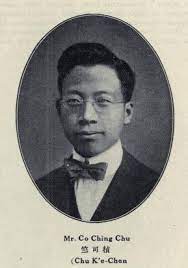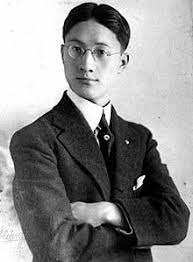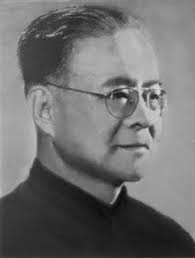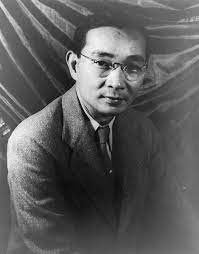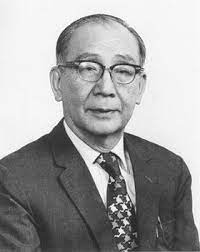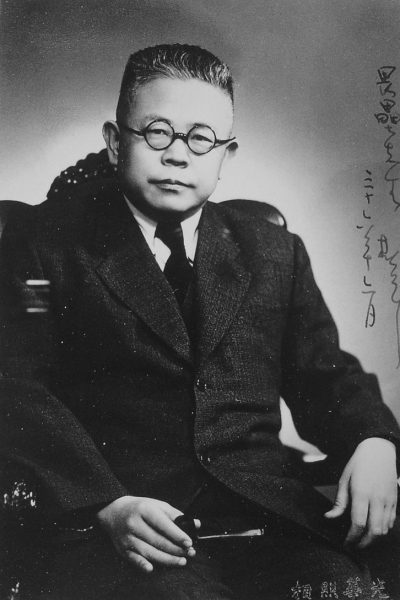Chu K'o-chen (1890-), known as Coching Chu, meteorologist, became president of National Chekiang University, director of the institute of meteorology of the Academia Sinica, and president of the China Meteorological Society. After 1 949 he served in Peking as a vice president of the Academy of Sciences. Shaohsing, Chekiang, was the birthplace of Coching Chu. […]

